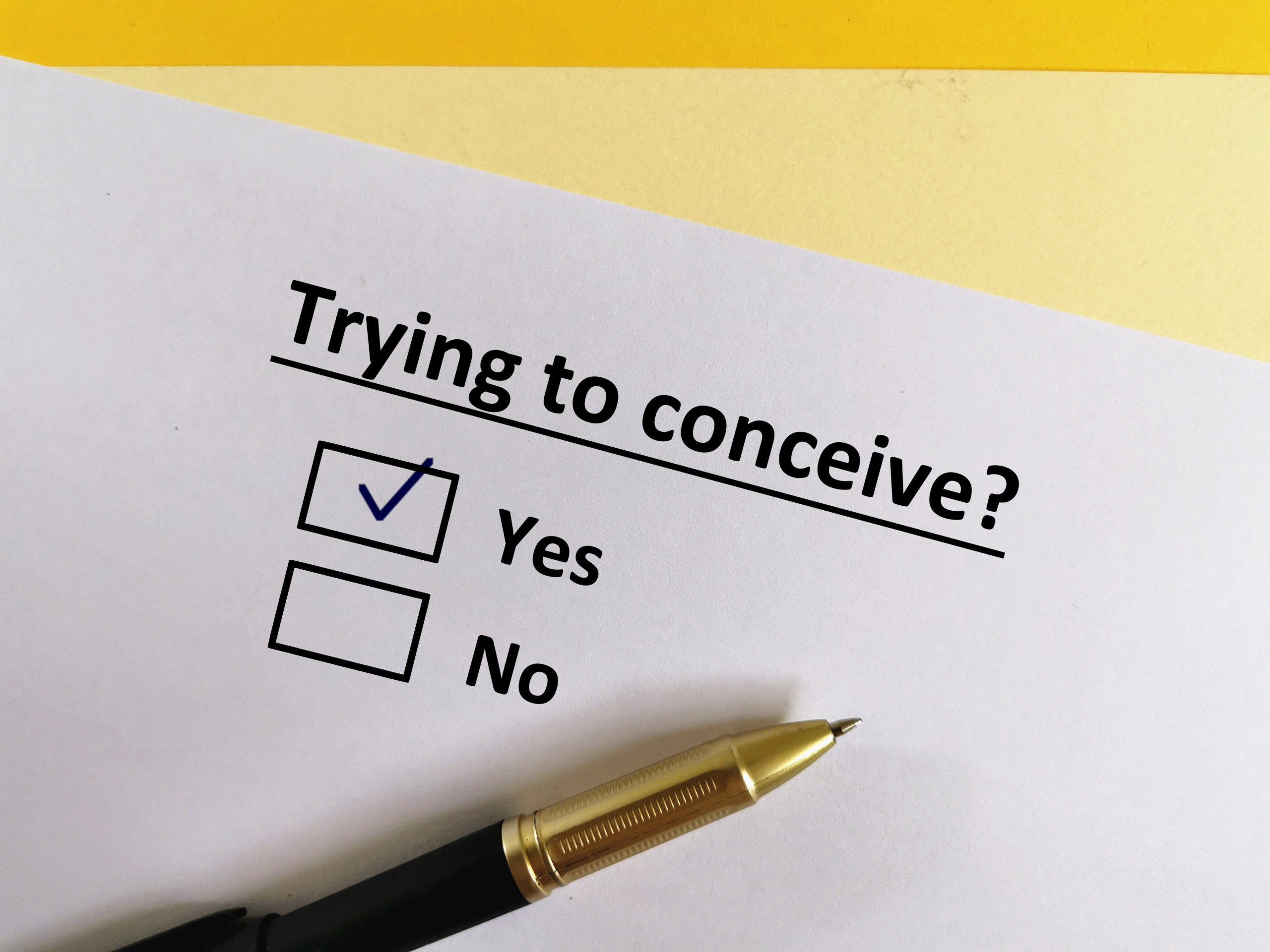By: Vaishnavi Raju | Date: September 17, 2020
Dos and Don’ts During Pregnancy-Tips To Stay Healthy
"Join in as we share a complete list of pregnancy dos and don'ts to enjoy a healthy lifestyle".

The news of pregnancy is a joyful moment in a woman’s life. But, as soon as you’ll start planning for the next nine months, this moment of joy will soon turn into anxiety.
Do’s and Don’ts During Pregnancy
Unfortunately, pregnant women get bombarded with information from everywhere. From books to your OB/GYN, everyone will tell you a different set of do’s and don’ts during pregnancy to follow.
If you’re also struggling to digest the sheer amount of pregnancy dos and don’ts, we’re here to help. In this article, we’re going to share some helpful tips to lead a healthy pregnancy. Also, we’ll bust some of the most common pregnancy myths that aren’t true at all.
Pregnancy Do’s
First, let’s take a look at various “pregnancy dos” that’ll keep your baby healthy.
Do Take Care of Your Nutrition
A balanced diet is the key to stay healthy during pregnancy. You’ll have to make a few dietary changes to create a nurturing environment for the baby.
When you’re pregnant, your body will also cater to the nutritional demand of the child. This means that you’ll need comparatively more iron, protein, calcium, and other nutrients.
A nutritional deficiency during pregnancy can lead to severe health conditions. It can also affect the overall growth of the baby. For instance, iron deficiency is the main cause of Anemia [1] in pregnant women. It’s a health condition where the body does not produce the required number of healthy red blood cells.
Here are a few tips that’ll help you eat a balanced diet throughout the pregnancy.
Eat vegetables like spinach, carrots, sweet potato, and broccoli as they are a good source of Potassium and Vitamin A.
If you are a non-vegetarian, make sure to eat lean meat [2] as it contains Zinc, Vitamin B12, and an adequate amount of Iron. Lean meat is a good source of heme iron [3], which is easier for the body to absorb.
Avoid under-cooked and raw meat in pregnancy as it can contain harmful parasites.
Avoid oily foods because they cause pregnancy symptoms like heartburn, nausea, and vomiting.
Low-fat dairy products are a better option in pregnancy as they promote healthy weight gain. Also, low-fat milk will provide enough calcium to the body.
Follow an Exercise Routine
There was a time when “to-be-moms” were advised to move as little as possible. But, several studies have revealed that staying sedentary is not good for the mother or the baby. In fact, sedentary behavior in pregnant women increases the risk of Type-2 diabetes [4].
It’ll also put you at a higher risk of rapid weight gain, resulting in symptoms like shortness of breath. So, make sure to follow a moderate exercise routine that’ll provide the necessary pump to your body.
Here are our tips on how you can incorporate an exercise routine in pregnancy.
Start slow, especially if you weren’t exercising before getting pregnant. Even 15-20 minutes of brisk walk 4-5 times per week is enough when you’re expecting a baby.
Avoid weight training and stick to an aerobic exercise routine. Aerobic exercises like walking speed up the heart rate and keep your lungs healthy.
Make sure to stay hydrated while exercising. If you’re going for a morning/evening walk, it would be better to carry a bottle of water.
If you feel uncomfortable or experience pain, reduce the intensity of your exercises immediately.
Take Prenatal Vitamins
Prenatal vitamins have several health benefits for pregnant women. These supplements provide essential vitamins and minerals that your body needs during pregnancy. Prenatal vitamins are a suitable option for women who rely on a vegan diet for nutrients. Why? Because the body takes comparatively more time to absorb nutrients that come from plant-based food sources.
In such cases, prenatal vitamins will help you fulfill the nutritional demand of the body. You should consult with your doctor to check what types of prenatal vitamins your body needs. In general, the doctors prescribe Folic Acid and Vitamin B12 supplements in pregnancy. Both these supplements regulate the healthy growth of the baby and reduce the risk of various birth ailments.
A Point to Remember - Pregnant women need 400 micrograms (mcg) of folic acid daily. If you exceed the recommended dosage, your baby will be at a higher risk of experiencing diabetes and obesity throughout his/her life. So, make sure to consult with a doctor before you start taking any prenatal vitamins..- HERA
Pregnancy Don’ts
Now, let’s move towards the latter part of dos and don’ts in pregnancy. Here’s what you should completely avoid while expecting a baby.
Don’t Drink Alcohol
Irrespective of what you may have heard, no amount of alcohol is good for pregnant women. Even if you’re in the first month of pregnancy, drinking alcohol can be harmful to you and your baby.
When you drink alcohol, it reaches the baby’s body through the placenta. Unlike you, your baby’s liver is not strong enough to process alcohol. That’s why women who drink alcohol in pregnancy experience miscarriages and premature birth.
Excessive alcohol consumption in pregnancy can also cause FAS (Fetal Alcohol Syndrome) [5]. It’s a condition that affects the baby throughout his life and makes him develop poor social skills.
Kids with FAS also experience a variety of symptoms, which include:
Shorter Height
Low Body Weight
Poor Coordination Skills
Low IQ and Poor Judgement Skills
Abnormal Facial Growth
Hera Pro Tip: If you find it hard to quit drinking, consult with a midwife or healthcare professional as soon as possible. Since a small amount of alcohol can cause complications, it would be better to quit drinking during the initial stage of pregnancy. .- HERA
Don’t Smoke
When we talk about early pregnancy dos and don’ts, smoking is the first thing that you should avoid for the healthy growth of the baby. Women who smoke are more likely to experience miscarriages or premature births.
Also, women who smoke while expecting will deliver babies with weaker lungs [6]. This means that if you don’t quit smoking during pregnancy, there’s a huge risk that your baby may suffer from Asthma.
A Point To Remember - Cigarette smoking is also one of the common reasons for female infertility. So, if you’re trying to get pregnant, make sure to quit smoking immediately..- HERA
Don’t Drink Too Much Caffeine
As surprising as it may sound, but too much caffeine in pregnancy has a negative impact on the baby’s health. Drinking too much coffee/tea is associated with miscarriages and low birth-weight [7].
So, when you’re pregnant, you should either limit your caffeine intake to 200mg/day (2 cups) or avoid it at all. You can also replace your coffee with decaffeinated drinks. They’ll give you the same burst of energy without causing any health conditions.
Truths & Myths About Pregnancy
So, that concludes our list of pregnancy dos and don’ts. As promised, now let’s bust some of the most common myths about pregnancy and unveil true hard facts.
Myth – You should double your diet as you’ll be eating for “two” in pregnancy.
Truth – Even though you’ll need more nutrients in pregnancy, overeating is not the right option. Instead, you should focus on consuming a nutrition-rich diet for a healthy nurturing.
Myth – Morning sickness only happens when you wake up in the morning.
Truth – Starting from the first trimester, you can experience morning sickness at any time of the day. Nausea and vomiting are common symptoms of morning sickness.
Myth – You can’t have sex when you’re pregnant.
Truth – Having intercourse while expecting does not cause any complications. If you’re enjoying a healthy pregnancy, there’s no harm in having sex.
Pregnancy Tips to Avoid Complications and Stay Healthy
Here are some extra pregnancy tips that’ll help you stay healthy throughout the nine months.
Starting from the first month, make sure to regularly track your weight gain.
Instead of 3-heavy meals/day, try consuming 5-6 small nutrition-rich meals. Make sure to include a protein source in almost every meal.
Eating green vegetables and fruits will provide all the essential nutrients and vitamins.
Try to avoid air travel, especially during the final months of pregnancy.
While regular exercises are beneficial, you should not lift heavy-weights while expecting.
Join a pregnancy class to know what’s right for your baby.
Conclusion
So, that concludes our guide on dos and don’ts during pregnancy. We hope this guide cleared all your doubts about what’s right for pregnant women. So, follow the above-mentioned tips and embark on a healthy lifestyle for the next nine months.







